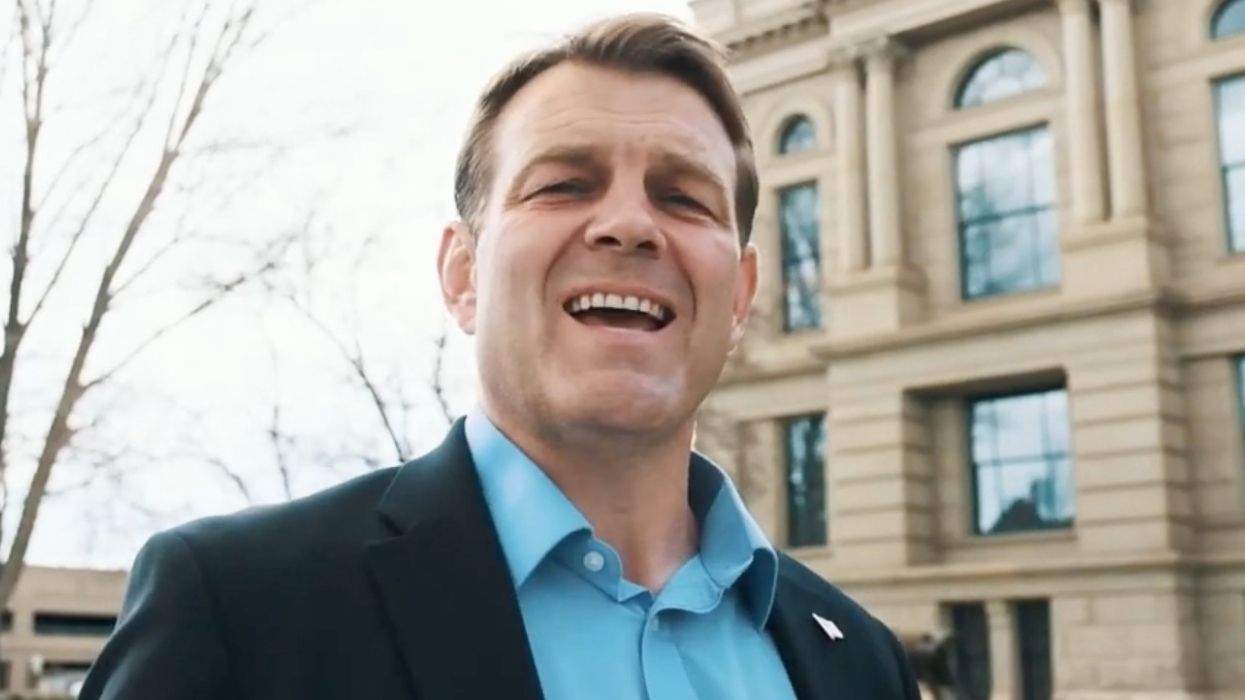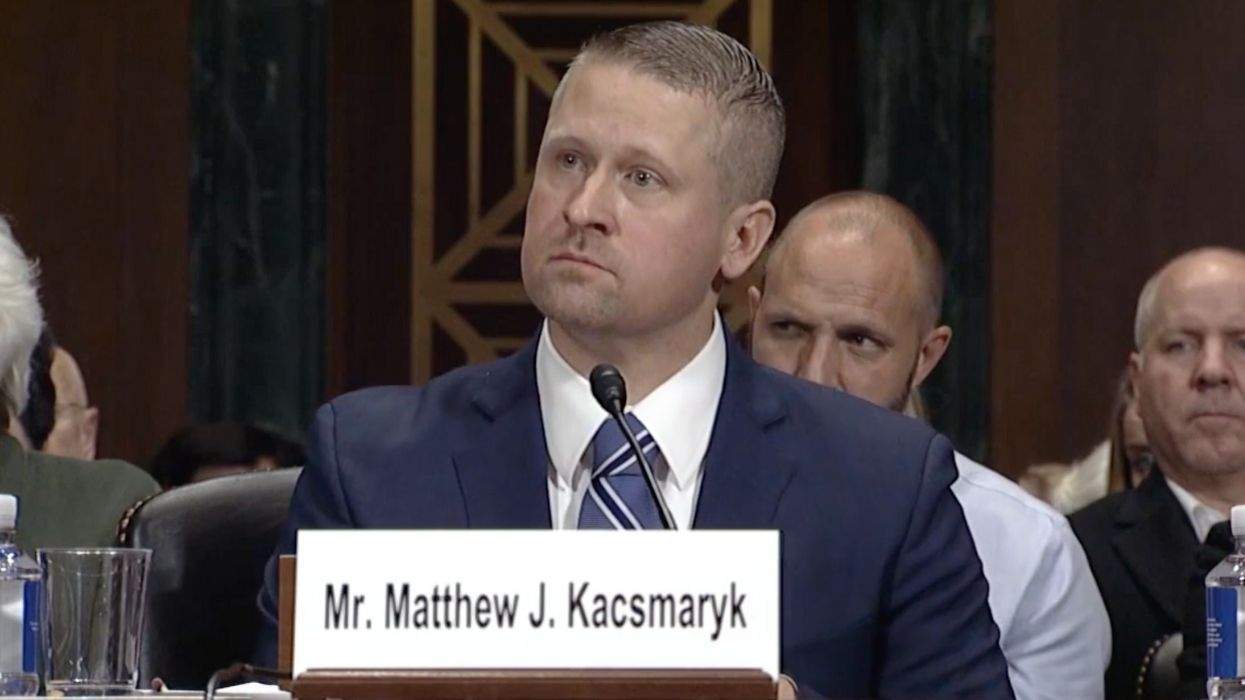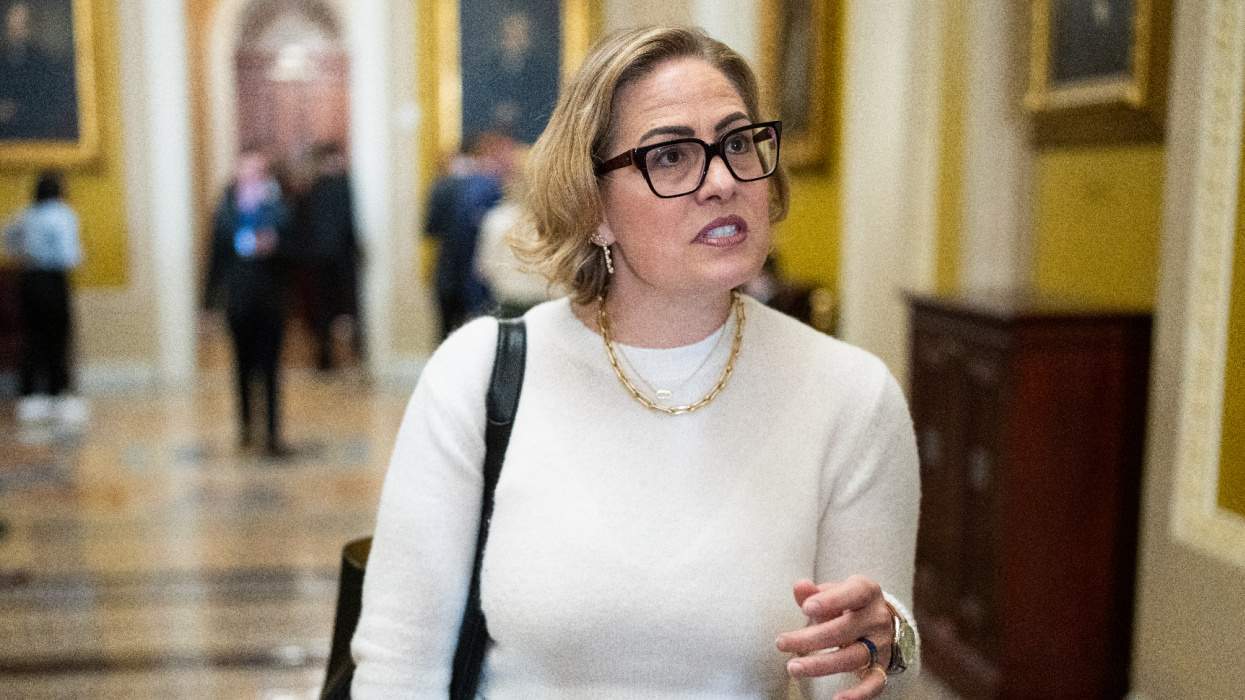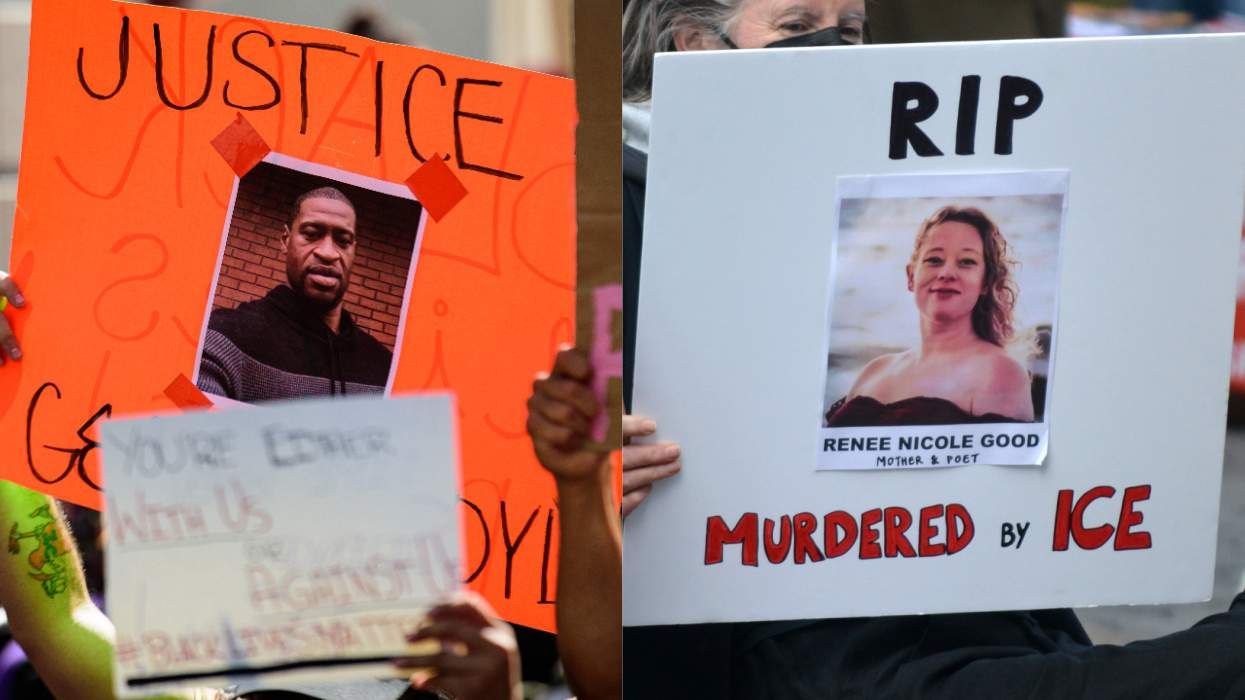The U.S. Supreme Court ruled today in 303 Creative LLC v. Elenis that Colorado violated a graphic designer's freedom of speech over its nondiscrimination law in a ruling 6-3, with the liberal justices in the minority.
The court rules that, "The First Amendment prohibits Colorado from forcing a website designer to create expressive designs speaking messages with which the designer disagrees."
Justice Neil Gorsuch wrote in the majority opinion, "Like many States, Colorado has a law forbidding businesses from engaging in discrimination when they sell goods and services to the public. Laws along these lines have done much to secure the civil rights of all Americans. But in this particular case Colorado does not just seek to ensure the sale of goods or services on equal terms. It seeks to use its law to compel an individual to create speech she does not believe."
Writing in the dissenting opinion, Justice Sonia Sotomayor wrote, "Today, the Court, for the first time in its history, grants a business open to the public a constitutional right to refuse to serve members of a protected class."
She also wrote, "A business open to the public seeks to deny gay and lesbian customers the full and equal enjoyment of its services based on the owner’s religious belief that same-sex marriages are ‘false’. The business argues, and a majority of the Court agrees, that because the business offers services that are customized and expressive, the Free Speech Clause of the First Amendment shields the business from a generally applicable law that prohibits discrimination in the sale of publicly available goods and services. That is wrong. Profoundly wrong.
“Our Constitution contains no right to refuse service to a disfavored group,” Sotomayor continued. “I dissent.”
Denver-area website designer Lorie Smith, owner of 303 Creative, wants to expand her wedding business but says serving same-sex couples would violate her conservative Christian beliefs and her free speech rights. She had not been approached by any same-sex couple, but she wanted to preemptively state she would not design wedding websites for them. She seeks to include a statement on her website that she will not serve same-sex couples.
Her site already carries this statement: “I am selective about the messages that I create or promote — while I will serve anyone I am always careful to avoid communicating ideas or messages, or promoting events, products, services, or organizations, that are inconsistent with my religious beliefs.”
She filed suit in 2016 challenging Colorado's LGBTQ-inclusive nondiscrimination law. She lost at the federal district court and appeals court levels. The Supreme Court agreed in February 2022 to hear her case but only on the free speech claim. It heard oral arguments last December. She is represented by the Alliance Defending Freedom, a notoriously anti-LGBTQ+ legal nonprofit.
The ADF also represented Colorado baker Jack Phillips, who in 2018 won a measured victory at the high court. Phillips, owner of Masterpiece Cakeshop, had refused to create a custom wedding cake for a same-sex couple, and the Colorado Civil Rights Commission found that he had violated the state's antidiscrimination law. The Supreme Court vacated the commission's judgment against him, saying commissioners had shown bias against his religious beliefs, but it did not establish a broad right to discriminate.
Related: This Is How Conservatives Manufactured an LGBTQ+ Rights Supreme Court Case
During oral arguments in Smith’s case, Kristen Waggoner, the ADF attorney representing Smith, said her client “believes opposite-sex marriage honors Scripture and same-sex marriage contradicts it.” She said that although Smith had yet to begin offering wedding websites, the designer very much wanted to get into that business but was being put off by antidiscrimination requirements.
The court’s conservatives unsurprisingly appeared sympathetic to Smith but seemed to be straining for a way to rule in her favor without undermining a wide variety of antidiscrimination laws. The liberal justices raised questions about what kind of discrimination would be allowable — racial discrimination versus sexual orientation discrimination, for instance — and noted that if the court ruled in Smith’s favor, it would be the first decision letting a business turn away a customer because of race, sex, religion, or sexual orientation.
Following Friday's decision, Kelley Robinson, president of the Human Rights Campaign, called the ruling a "dangerous step backward" and that it now gives businesses the ability to discriminate.
“Our nation has been on a path of progress — deciding over the course of many decades that businesses should be open regardless of race, disability, or religion. Many states have expanded this promise to include sex, sexual orientation, and gender identity — this is a deeply troubling crack in our progress and should be alarming to us all. People deserve to have commercial spaces that are safe and welcoming. This decision continues to affirm how radical and out-of-touch this Court is, especially when 80 percent of Americans support robust and LGBTQ+ inclusive nondiscrimination laws."
She continued, “Make no mistake, this case was manufactured by the Alliance for Defending Freedom to create a new license to discriminate against LGBTQ+ people. Despite our opponents claiming this is a major victory, this ruling does not give unfettered power to discriminate. This decision does not mean that any LGBTQ+ person can be discriminated against in housing, employment or banking — those protections remain enshrined with federal law.”















Charlie Kirk DID say stoning gay people was the 'perfect law' — and these other heinous quotes
These are some of his worst comments about LGBTQ+ people made by Charlie Kirk.